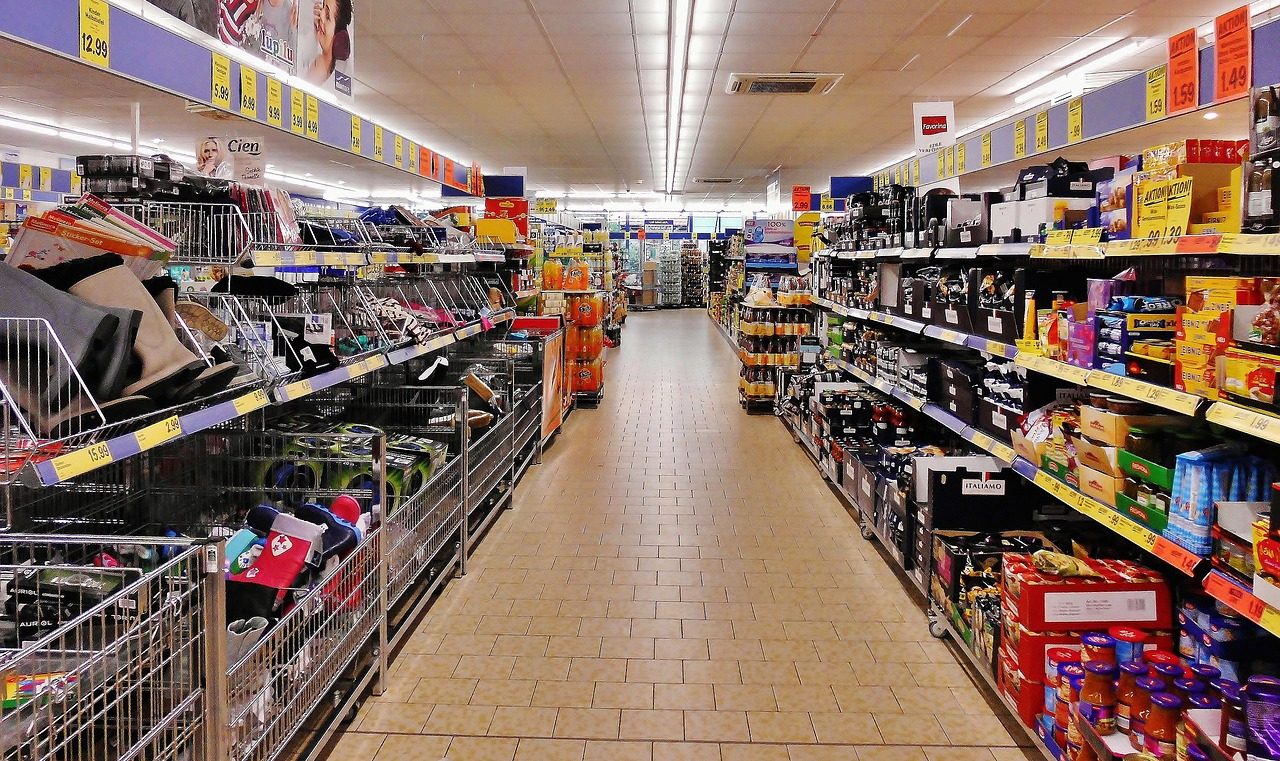
The effects of rising purchasing power in the real economy are likely to see a slow reflection in the 2024 retail sales data.Continue reading

The end of 2023 was much better than expected in terms of inflation. Not only did domestic inflation end up in line with the region, but it was even lower than in most neighboring countries in December, Világgazdaság reports.
Inflation in five countries was already higher than in Hungary in December, based on new data from Eurostat. In the last month of the year, the Hungarian Central Statistical Office (KSH) recorded a 5.5 percent increase in consumer prices in Hungary, the same amount as the Harmonized Index of Consumer Prices (HICP) used in the EU.
Hungary had the lowest inflation among the Visegrad countries:
The last time that Hungarian inflation was the lowest among the Visegrad countries was in May 2022.
When looking at Hungarian inflation in the context of the region, its path differs substantially from that of its neighbors. While the 11.7 percent rate in June 2022, was the third lowest in the Central and Eastern European region, the Baltic countries had inflation rates above 20 percent, and Poland and Czechia were four and six percentage points higher than Hungary. Hungarian inflation started to accelerate in the summer of 2022, and as a result, in September Hungary’s inflation rate was the highest in the EU for almost a year.
The European Central Bank’s possible interest rate cut this year could also be influenced by the fact that the euro area’s annual inflation rate was 2.9 percent in December 2023, up from 2.4 percent in November, as well as the EU’s annual inflation rate (3.4 percent, up from 3.1).
Compared with November, annual inflation fell in fifteen Member States, remained stable in one, and rose in eleven. The lowest annual rates were recorded in Denmark (0.4 percent), Italy, and Belgium (both 0.5 percent). The highest annual rates were recorded in Czechia (7.6%), Romania (7.0%), and Slovakia (6.6%).
Via Világgazdaság, Featured image: Pixabay